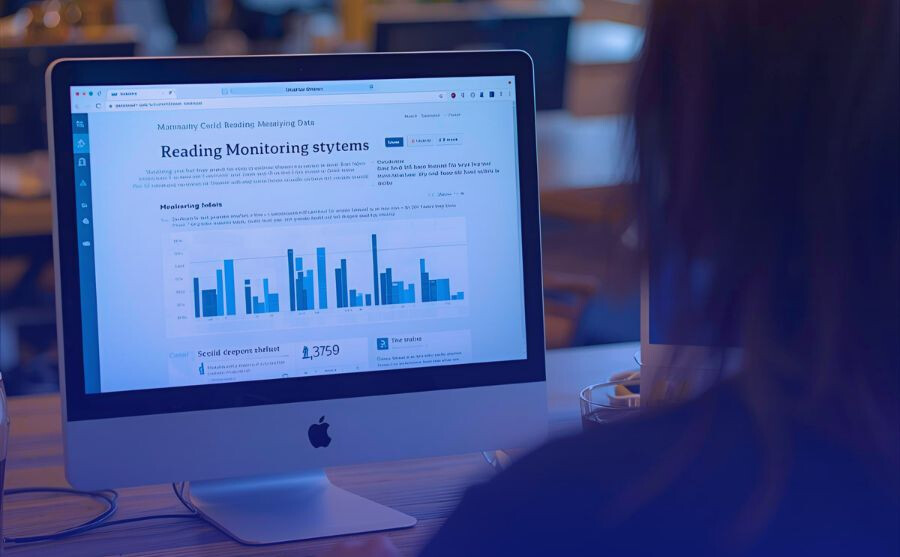

9/29/2025



In the water sector, data collection and use are no longer just a technical activity, but a fundamental strategic lever for improving service quality, responding to requests from national authorities and increasing the operational efficiency of companies.
In our webinar, Un panorama digital: las Utilities hacia la innovación empresarial del agua, we saw why water consumption data is now at the heart of the digitalisation of integrated water services and what benefits it can bring to operators, users and regulators. As highlighted by Stefano Amandolesi, Senior Manager at Utiliteam, an Italian company specialising in consulting for the public utilities sector, water data is undergoing a crucial evolution: from raw data to a source of strategic knowledge.
Speaking of the Italian case, regulated by ARERA, which aims to ensure efficiency, quality and transparency, data – and in particular water consumption measurement data – play a central role in smart water management.
In the process of managing data in the water service, it is essential to distinguish between:
This transformation allows us to move from a reactive to a predictive and proactive approach, improving operational management and investment planning. Measuring water consumption is now strategic for three main reasons:
In summary, data quality is now an enabling factor for accessing tariff rewards, avoiding penalties and strengthening the operator's position vis-à-vis the national authority and local authorities.
In the current context, marked by digitalisation, environmental objectives and increasing regulatory pressure, water data must be managed using innovative models. Working with enabling smart metering platforms allows for the integration of data collection, validation and use, making data traceable and transparent, and using it to improve business performance and user relations.
The future of integrated water services depends on the ability of operators to transform data from a regulatory obligation into a driver of growth. Those who are quickest to seize this opportunity will gain a competitive advantage, greater operational efficiency and stronger credibility with users and authorities. It is not enough to collect data: it must be interpreted and used to build a smart, sustainable water service that is in line with regulations.

Want to know more?
We’d be happy to talk more in detail about your needs and explore how we can become your ideal partner, to assist you in your business venture of innovation, digitization and sustainability